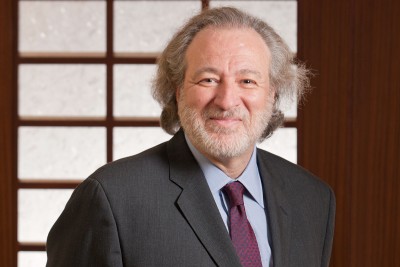
The Department of Psychiatry and Behavioral Sciences at MSK has been driven by strong and productive research goals throughout its existence. Departmental research has addressed psychiatric, psychosocial, and behavioral issues related to cancer prevention screening, risk reduction, treatment decision-making, treatment of psychiatric disorders, measure development, symptom management, doctor-patient communication, neuropsychological sequelae of treatment, existential psychosocial palliative care issues, psychotherapy intervention development and trials, survivorship, and increasing access to cancer care for members of ethnic minorities.
In 2003, the Department formed a set of research laboratories around which to organize research activities. Each laboratory has a director and faculty members. The current existing laboratories include:
- Psychotherapy Laboratory
- Health Behavior Change & Risk Reduction Laboratory
- Neurocognitive & Functional MRI Laboratory
- Genomics, Risk, & Health Decision-Making Laboratory
- Communication Skills Training & Research Laboratory
- Health Cancer Disparities & Community Outreach Laboratory
- Pediatric Psycho-oncology Research Laboratory
Each of these laboratories is conducting highly innovative and novel research under the guidance of creative and productive laboratory directors. An additional laboratory focusing on Cancer and Aging is being planned for the near future.
In addition, the Behavioral Research Methods Core was established in our Department in order to assist MSK investigators in addressing behavioral and psychosocial issues in cancer research, and to ensure that research conducted at our Center incorporates appropriate, state-of-the-art behavioral and social science theory, methods, and measurement tools. The program provides research consultation and technical support around the use of quantitative and qualitative methods in quality-of-life and psychosocial research.
In the future, we plan to incorporate additional expertise in several areas that are currently in the process of being developed: e-health; biobehavioral mechanisms; lifestyle change; and treatment adherence. My hope is that the Behavioral Research Methods Core will add these four areas of expertise to its core facility array of consultation expertise.
Sincerely,
William Breitbart
Chair, Department of Psychiatry and Behavioral Sciences